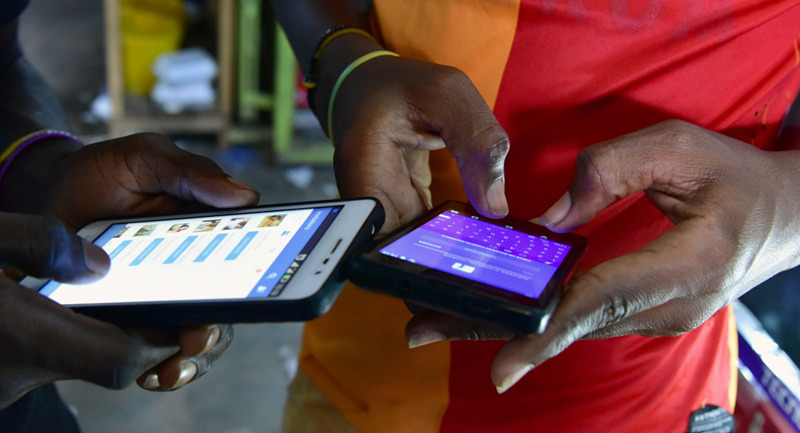Johannesburg (People's Daily) - Uganda's Parliament has voted to implement a new social media tax, limiting access to apps such as Twitter, Facebook, Instagram and WhatsApp. The law which will take effect on July 1, 2018 will require users of over-the-top (OTP) platforms in Uganda to pay a mandatory daily levy of 200 Ugandan shillings (about $0.05 cents). The Ugandan Parliament claimed that this law is intended to increase income, but opponents of the law say it aims to stifle criticism of President Yoweri Museveni, who has been in power since 1986.

(File photo)
The new law, passed last Wednesday, has already caused great controversy in Uganda. There was no immediate comment from mobile phone operators or social media companies, but rights advocates denounced the move. "It is a new tool for stifling free expression and citizen organizing that has been beyond the control of the state," said Nicholas Opiyo, a Kampala-based lawyer who also heads a local rights organization. "It's intended to curtail the ever increasing central role of social media in political organizing," he said.
"Data right now is essential in nearly every worker's day-to-day business. A responsible government should be lowering its price not the opposite," said Diana Taremwa, a charity worker in the capital Kampala.
In the last presidential election in 2016, authorities blocked access to Facebook, Twitter and WhatsApp, saying the platforms would be used by the opposition to mobilize protests.
The Museveni-led government argues that the new taxes on social media usage will generate revenue for the Pearl of Africa nation. The chairperson of the Budget Committee of Parliament Amos Lugolobi believes that the new tax will help bolster the economy. "The proposal to tax social media is a wise move if government is to sustain its revenue collection," he said.
Members of Uganda's Parliament are defending the new tax, stating that it will not be burdensome to social media users. Parliamentary spokesperson Chris Obore said, "It is just a redistributive tax as the government is out to look for money from those who have to finance projects. The tax is very small. 200 Ugandan shillings in Uganda to a dollar is very negligible. People in Uganda will not find it too expensive."
About 40 per cent of Uganda's 40 million people use the internet, according to data from the regulating body Uganda Communications Commission. Facebook and WhatsApp are widely used in Uganda and many other African countries. Uganda is not the only country that is curbing access to content. Kenya recently signed a bill criminalizing fake news, creating wariness over posting on social media and other online platforms.


